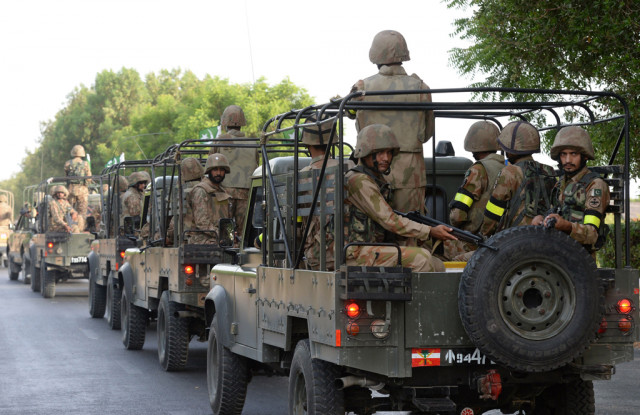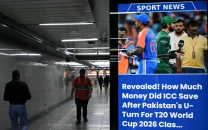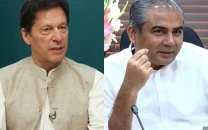Analysis: Invoking Article 245 – timing questioned
Using the muscle of armed forces for political messaging is likely to weaken civil power centre and not strengthen it.

Government critics view this as a blatant attempt to hide behind the army’s brute power and deflate the PTI’s long march scheduled for 14 August. Even independent observers have questioned the timing of this move and see it as the surrender of political space by a civil government. Islamabad under military control with Nawaz Sharif in Saudi Arabia seems to evoke memories of October 12, 1999. The day when General Musharaf deposed the elected government and later packed off the prime minister to exile in Saudi Arabia.
Article 245 of the Constitution sets out the “Functions of the Armed Forces”. It provides under Clause 1, that “The Armed Forces shall, under the directions of the Federal Government, defend Pakistan against external aggression or threat of war, and subject to law, act in aid of civil power when called upon to do so.”
The government has called the army to “act in aid of civil power.” In Liaquat Hussain v. Federation of Pakistan, PLD 1999 SC 504, the Supreme Court held that civil power is to be preserved and invigorated through the instrumentality of the Armed Forces. The quantum of aid to be given and the manner in which this assistance is to be rendered by the Armed Forces as a matter of Constitutional duty depends upon the nature of the direction issued by the Federal Government in this behalf and such direction should also be within the ambit of the law and the Constitution.
In the present case, the nature and direction would be evident from the language of the Government’s notification invoking Article 245. After all, God is in the details. However, the notification is still under wraps. All we have is Interior Minister Chaudhry Nisar’s statement that “Neither Islamabad is being handed over to the army nor is there any relevance of August 14. In fact, the army has been called out to assist the police and civil administration for a limited period to avert any possible terrorist attack and to maintain law and order in Islamabad”.
Many see Karachi as a much better candidate for invocation of Article 245. However, the armed forces are already fighting a war in the North. With resources already stretched, there is no appetite for taking on the task of coming to the aid of civil power in an unruly city with multiple power centres and no-go areas. Serene Islamabad is a much more convenient choice for all concerned. This is especially true if the real intent of invoking Article 245 is not to roll up the sleeves for a fistfight, but to only reveal where the muscle lies. The invocation is designed to dampen hopes of those looking towards the GHQ for their street challenge against the civil government. Show of force can be more effective than its actual use. After all, it was only last November when the Army was called out in Rawalpindi and the show of force quickly put an end to sectarian rioting in the garrison city.
The Supreme Court has stated in the Liaquat Hussain case, that “The Armed Forces can be called in aid under clause (1) of Article 245 by the Federal Government, inter alia, to perform Police functions for limited purpose of suppressing riots or preventing threatened disorder or for the purpose of maintaining law and order….they can certainly arrest those who threaten or disturb peace and tranquility.” Therefore, the current move may be bad politics. But it is legal.
PML-N has tasted the success of invoking Article 245 in 1998 and 1999 in dealing with troubles in Karachi and revamping WAPDA. The temptation to use it again for an easy fix was perhaps too hard to resist. However, in the ultimate analysis, using the muscle of the armed forces for political messaging is likely to weaken the civil power centre and not strengthen it.
(The author is an advocate of the Supreme Court and tweets @zfebrahim)
Published in The Express Tribune, July 28th, 2014.


















COMMENTS
Comments are moderated and generally will be posted if they are on-topic and not abusive.
For more information, please see our Comments FAQ